Implementing the Conclusion Notice No. 81-TB/TW of the Politburo on the policy of investing in building schools for border communes, the Thanh Hoa Education sector is implementing the construction of 21 primary and secondary boarding schools in 16 border communes, phase 2025 - 2026.
The arduous journey to class
Thanh Hoa province currently has more than 200km of border with Laos, stretching across 16 communes. In particular, Muong Lat district (old) is one of the localities with particularly difficult socio -economic conditions, with many remote communes such as Trung Ly, Muong Ly, Nhi Son... Although there have been many investment support programs, students here still face many barriers on their journey to school.
For example, at Trung Ly Ethnic Boarding Secondary School (Trung Ly Commune), there are nearly 600 students, most of whom are Mong, Thai, and Muong ethnic groups. The terrain is mainly high mountains, divided by streams, and the villages are far from the commune center. Many students have to walk 10-15km through the forest, taking 3-4 hours to reach the main school.
Thanks to the Government 's boarding policy, students are supported with meals, accommodation and study at school. According to Mr. Nguyen Duy Thuy - Principal of the school, in the 2025 - 2026 school year, up to 510/574 students will enjoy the boarding policy. Each student is supported with 936,000 VND/month for meals and 15kg of rice.
The school provides two main meals a day at a cost of 31,200 VND/student/day, including food, spices, fuel and cooking utensils. If the budget is not used up, the remaining amount will be refunded to the student at the end of the semester.
However, according to Mr. Thuy, the school faces many difficulties. Facilities for daily activities such as housing, toilets, clean water tanks... have not been invested in synchronously. The school also lacks human resources for boarding services, lacks teachers in class, while the number of students is increasing.
A similar situation also occurs at Trung Ly 2 Primary School - one of the most remote and difficult educational facilities in Thanh Hoa province. In the 2025-2026 school year, the school has 392 students, distributed at 5 school locations, including: Ban Co Cai (main location), Pa Bua, Lin, Ca Giang - Canh Cong and Ta Com. Some villages are located up to 15km from the main school, and can only be accessed by walking, crossing streams, and climbing slopes, which is especially dangerous during the rainy season.
More than 85% of the students here are Mong ethnic people. The poverty rate in the whole commune is high. The facilities of many schools are degraded, classrooms are temporary, and there is a lack of teaching equipment according to the 2018 General Education Program... The teaching staff is also not enough, many classes have to be taught together, greatly affecting the quality of education.
Mr. Nguyen Van Hao - Principal of the school, shared: "Due to the large area, students mainly study at remote schools, professional management is very difficult. Teachers have to stay in remote areas, do not have the conditions to train and have regular professional activities like in centralized schools."
From the 2025-2026 school year, the school plans to concentrate students from grades 3 to 5 at the main campus to concentrate teachers and improve teaching quality. However, this also faces great difficulties due to the great geographical distance, young students cannot travel every day.
“The most fundamental solution is to build a boarding primary school at the main location. If there is a boarding place, students will be better cared for, organized to study 2 sessions/day, practice life skills and participate in group activities... which are things that the separate locations cannot currently meet,” Mr. Hao emphasized.
The model of inter-level boarding schools is not only an urgent need of the locality, but also a trend to reorganize the network of suitable schools, reduce the number of small schools, improve investment efficiency and teaching and learning quality.
Grasping this reality, the Department of Education and Training of Thanh Hoa has proactively reviewed the education system in border communes. Mr. Nguyen Van Dinh - Deputy Director of the Department, said: "We have sent an official dispatch to the People's Committees of border communes requesting detailed reports on the number of students, teachers, and facilities, in order to develop a plan to submit to superiors for appropriate investment."
According to Mr. Dinh, the inter-level boarding school model is a solution that both ensures the right to education for ethnic minority students and optimizes investment resources, reducing pressure on teachers and school staff in remote areas.
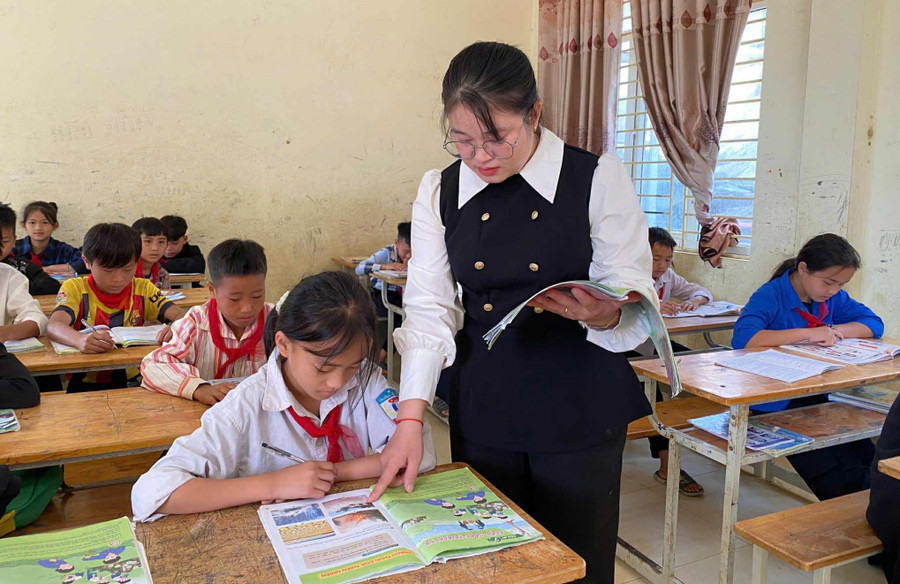
Investment, groundbreaking of model project
Implementing the direction of the Politburo and the Provincial People's Committee, Thanh Hoa has developed an investment plan for 21 primary and secondary boarding schools in 16 border communes, in the period of 2025 - 2026, with a total estimated cost of 1,590 billion VND. In 2025, the first 6 projects will be started; the remaining 15 projects will be implemented in 2026.
On August 19, in Son Thuy commune, Thanh Hoa Provincial People's Committee held a groundbreaking ceremony for the Son Thuy Primary and Secondary Boarding School for Ethnic Minorities. This is the first project to be piloted according to the policy of the Politburo.
The project has a scale of 30 classrooms, with a total investment of about 115 billion VND, providing study and boarding facilities for 750 ethnic minority students. After completion, the school will ensure learning, living and training conditions, contributing to improving the quality of education and socio-economic development in the border area.
Mr. Dau Thanh Tung - Vice Chairman of Thanh Hoa Provincial People's Committee, affirmed: "This is not only a simple educational project, but also has profound political and social significance. The early completion of the inter-level boarding school contributes to strengthening national defense, security, and maintaining national border sovereignty."
In addition to Son Thuy, in 2025, Thanh Hoa province will implement 5 other projects in the communes of Tam Lu, Tam Thanh, Na Meo, Yen Khuong and Bat Mot. Relevant departments and branches are required to coordinate closely, speed up site clearance, complete investment documents and procedures to be ready for construction.
For the remaining 15 projects, Thanh Hoa will simultaneously start construction in 2026. The projects are expected to contribute to synchronizing facilities, modernizing education in border areas, and creating fair and sustainable learning opportunities for children of ethnic minorities.
From a practical perspective, it can be affirmed that inter-level boarding schools are not only the solution to existing difficulties, but also a long-term strategy in building a sustainable education system, creating a driving force for comprehensive development in border areas.
The timely attention of the Central Government, the determination of the locality and the consensus of the people are the key factors to make this model a reality, helping students in border areas to study more equally, fully and safely.
“After the communes send detailed reports, the department will synthesize and submit them to the Provincial People's Committee to direct departments and branches to coordinate implementation. Building a model of inter-level boarding schools helps optimize resources, ensuring students have a stable, quality, and safe learning environment.” Mr. Nguyen Van Dinh - Deputy Director of the Department of Education and Training of Thanh Hoa
Source: https://giaoducthoidai.vn/mo-hinh-truong-noi-tru-lien-cap-vung-bien-nhu-cau-cap-thiet-post751436.html



![[Photo] Prime Minister Pham Minh Chinh attends the patriotic emulation congress of the banking sector](/_next/image?url=https%3A%2F%2Fvphoto.vietnam.vn%2Fthumb%2F1200x675%2Fvietnam%2Fresource%2FIMAGE%2F2025%2F11%2F24%2F1763981997729_tt-nhnn-jpg.webp&w=3840&q=75)




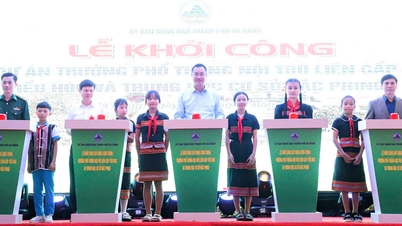

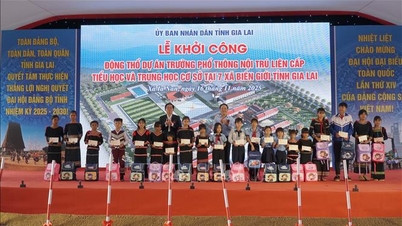

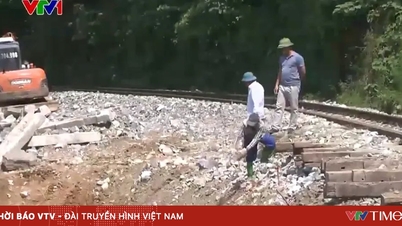

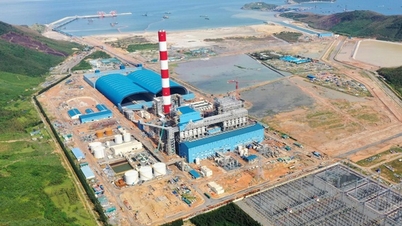



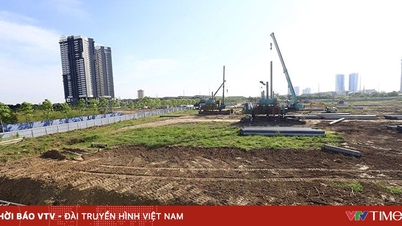
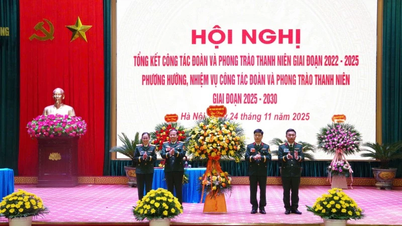



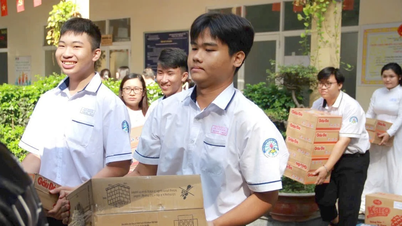
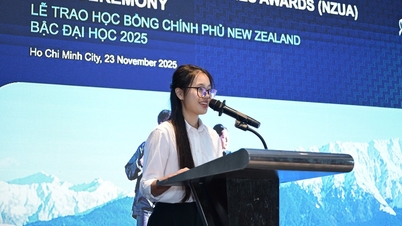

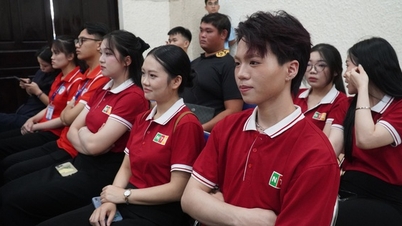





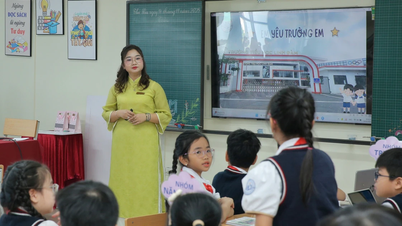
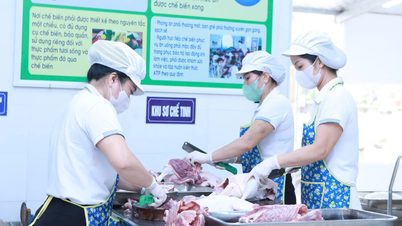

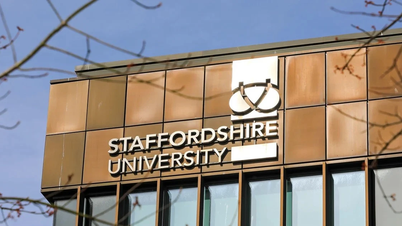
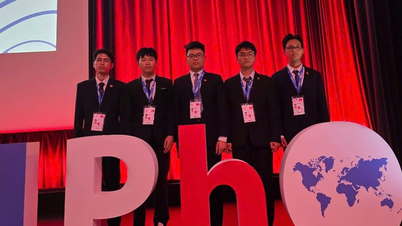
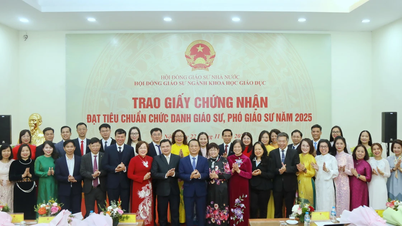



![[Photo] Next to the "mountain of trash" after the flood, Tuy Hoa residents strive to rebuild their lives](/_next/image?url=https%3A%2F%2Fvphoto.vietnam.vn%2Fthumb%2F1200x675%2Fvietnam%2Fresource%2FIMAGE%2F2025%2F11%2F24%2F1763951389752_image-1-jpg.webp&w=3840&q=75)
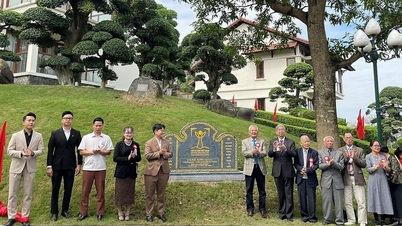
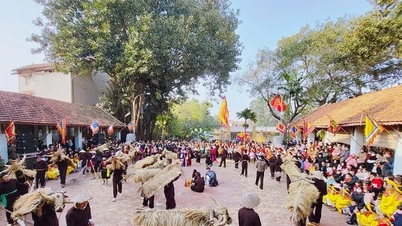

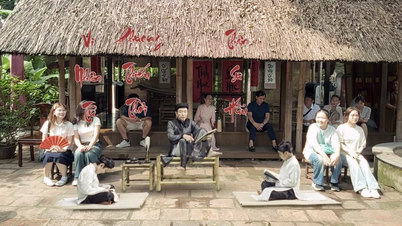

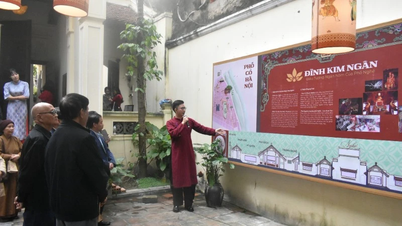






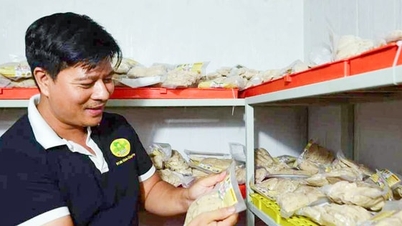






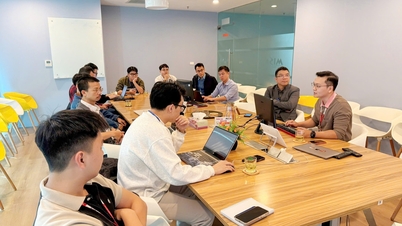


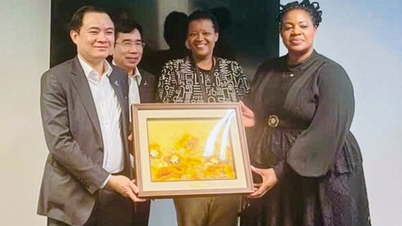
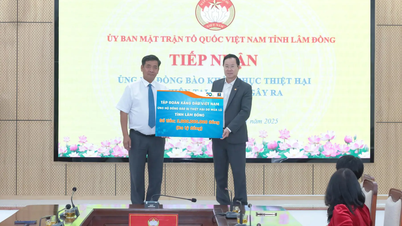








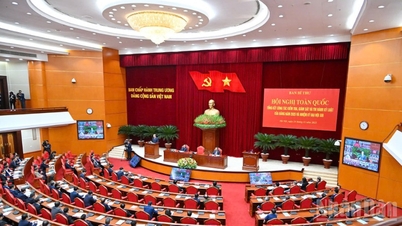
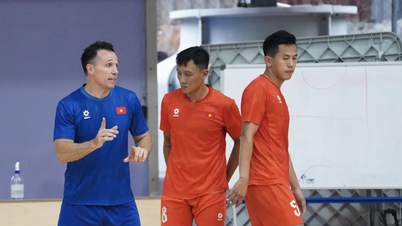
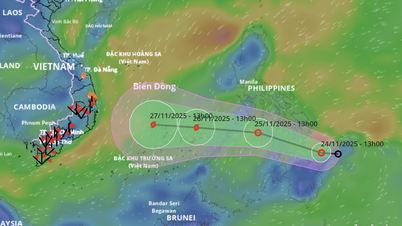

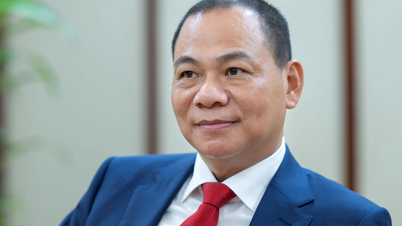

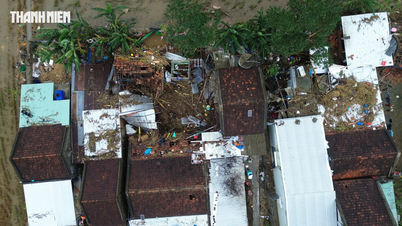


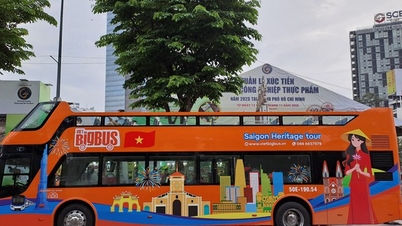



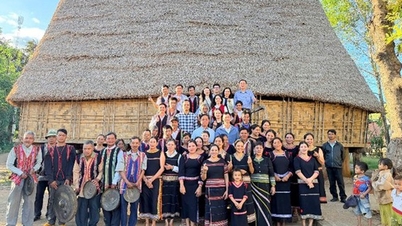

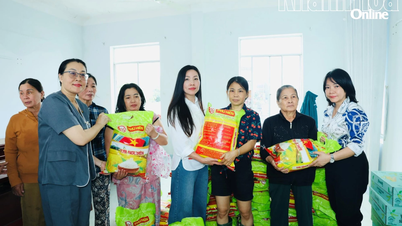



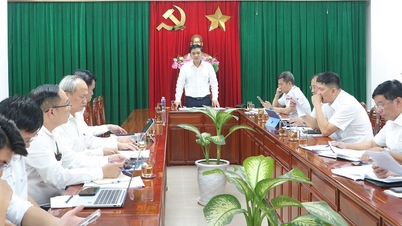

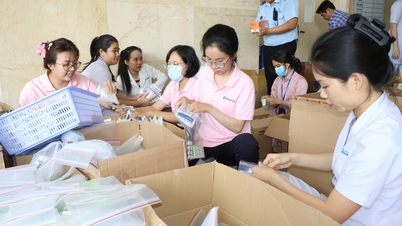
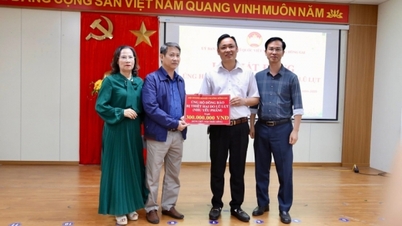

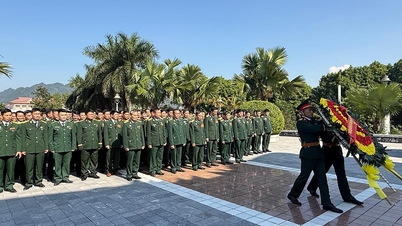














Comment (0)